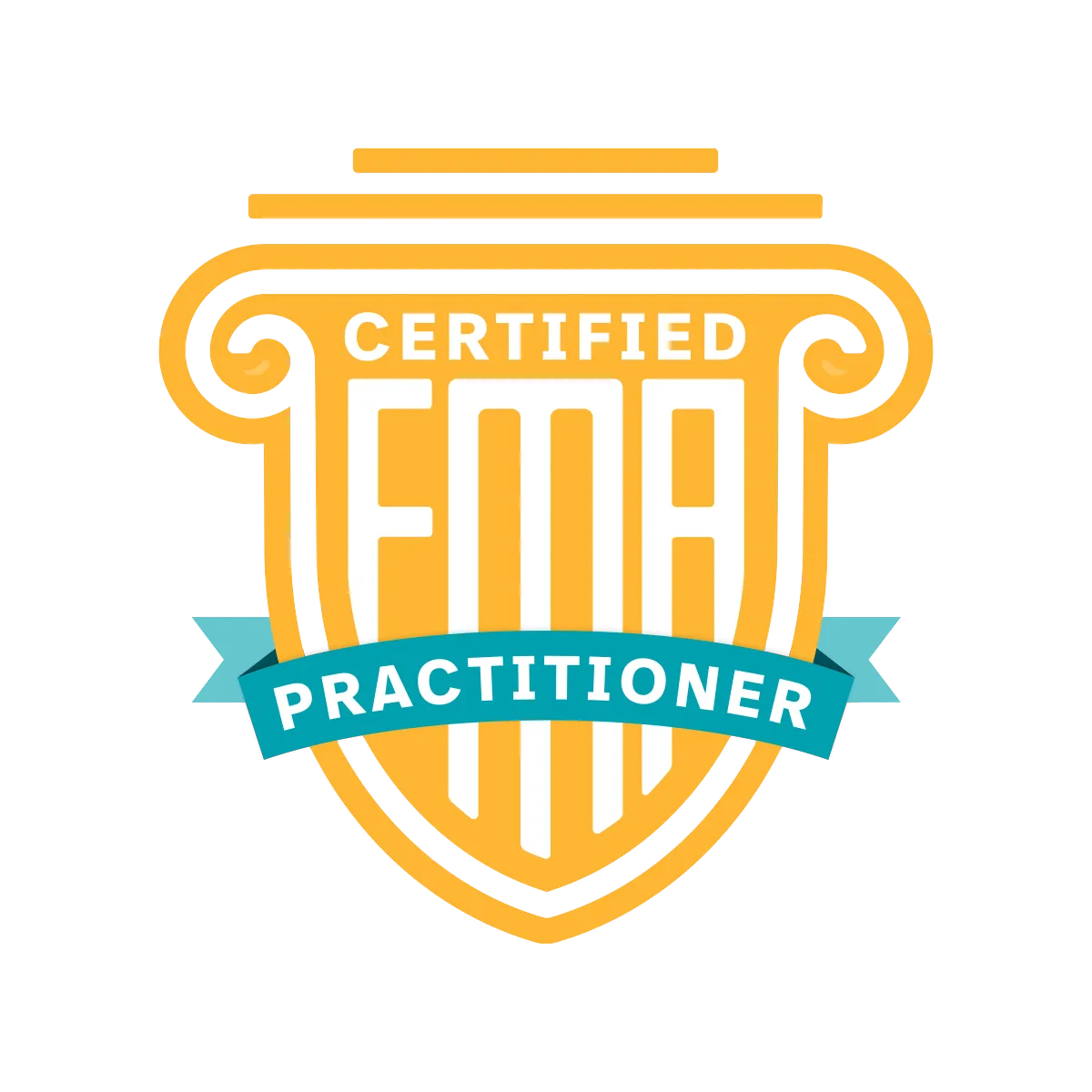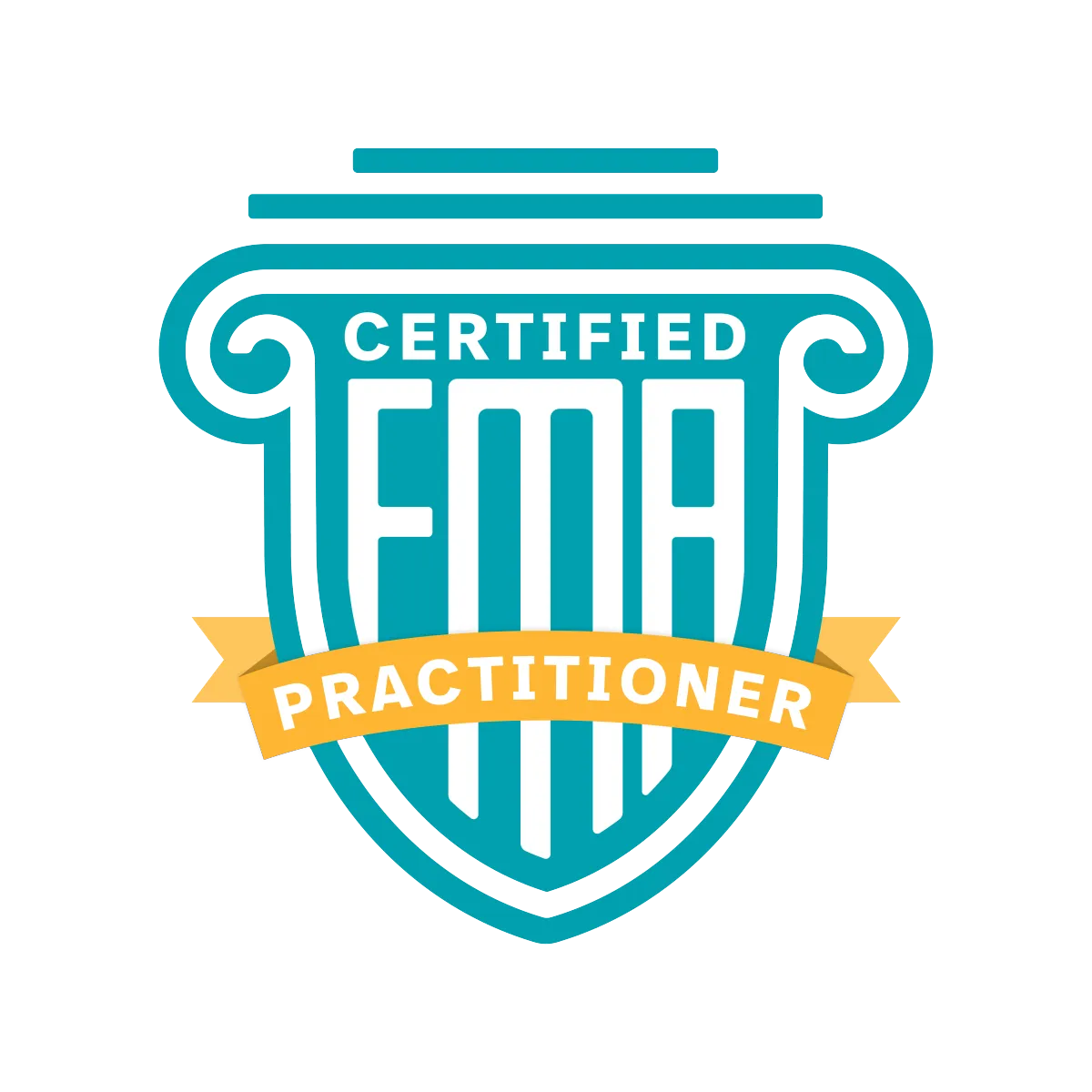Evidence Based
Results-Driven
Holistic Care
Stay informed with the latest insights and resources
Our team shares valuable tips, success stories, and practical advice to support you on your wellness journey.


Tips for Adrenal Health
From Burnout to Balance: Practical Tips for Adrenal Support
Understanding Your Adrenal Glands
Signs of Overworked Adrenals
● Persistent fatigue, even after a full night’s sleep
● Cravings for salty or sugary foods
● Difficulty managing stress or feeling constantly overwhelmed
● Brain fog, difficulty concentrating, or memory issues
● Dizziness upon standing (a sign of blood pressure imbalance)
● Sleep disturbances, including difficulty falling or staying asleep
● Frequent infections due to weakened immune function
What Causes Adrenal Burnout?
● Chronic stress from work, relationships, or financial pressures
● Overuse of stimulants such as caffeine or energy drinks
● Lack of sleep or irregular sleep patterns
● Overtraining or excessive exercise without proper recovery
● Poor diet high in processed foods and refined sugars
● Inflammation from food sensitivities, infections, or chronic illness
● Toxin exposure from household products, plastics, and pollution
Lifestyle Strategies to Support Adrenal Health
Prioritize Restorative SleepQuality sleep is essential for adrenal recovery. Aim for 7-9 hours of uninterrupted sleep per night. To optimize sleep:
○ Keep a consistent sleep schedule, even on weekends
○ Reduce blue light exposure in the evening (limit screens 1-2 hours before bed)
○ Create a calming nighttime routine with relaxation techniques like meditation or deep breathing
○ Ensure your bedroom is dark, quiet, and cool for optimal sleep quality
Manage Stress EffectivelyChronic stress depletes adrenal function, so incorporating stress management techniques is essential:
○ Practice mindfulness or meditation daily to lower cortisol levels
○ Engage in activities that bring joy and relaxation, such as reading, music, or hobbies
○ Set healthy boundaries in work and relationships to avoid chronic stressors
○ Spend time in nature, which has been shown to lower stress hormones and improve mood
Nourish with Adrenal-Supportive FoodsNutrient-dense foods help regulate cortisol and restore energy balance. Prioritize:
Reduce Stimulants and SugarCaffeine and sugar provide temporary energy but ultimately contribute to adrenal exhaustion by overstimulating cortisol production. Try:
○ Swapping coffee for matcha or herbal teas like chamomile or tulsi
○ Eating balanced meals with protein, healthy fats, and fiber to prevent blood sugar crashes
○ Gradually reducing sugar intake by focusing on whole foods instead of processed snacks
Incorporate Gentle MovementWhile intense workouts can further tax the adrenals, gentle movement supports recovery and energy regulation:
○ Prioritize low-impact activities like yoga, walking, or Pilates
○ Get outside in natural sunlight to support circadian rhythms and vitamin D levels
○ Avoid overtraining; listen to your body and incorporate rest days when needed
○ Vitamin C: Crucial for cortisol regulation and adrenal function
○ Magnesium: Helps regulate stress response and improve sleep quality
○ B Vitamins: Support energy metabolism and nervous system health
○ Adaptogens: Herbs like licorice root and ginseng can help balance cortisol levels
○ Electrolytes: Sodium, potassium, and magnesium balance hydration and adrenal function
Functional Testing for Adrenal Health
● Salivary or DUTCH hormone testing to assess cortisol levels throughout the day
● Comprehensive bloodwork to check for nutrient deficiencies, inflammation, and thyroid function
● GI testing to rule out gut infections, which can contribute to chronic stress and adrenal burnout
Charmandari, E., Tsigos, C., & Chrousos, G. (2023). Endocrinology of the stress response. Annual Review of Physiology, 67, 259-284.https://doi.org/10.1146/annurev.physiol.67.040403.120816
Balbo, M., Leproult, R., & Van Cauter, E. (2022). Impact of sleep and its disturbances on hypothalamo-pituitary-adrenal axis activity. International Journal of Endocrinology, 2010, 759234.https://doi.org/10.1155/2010/759234
Panossian, A., & Wikman, G. (2023). Effects of adaptogens on the central nervous system and the molecular mechanisms associated with their stress-protective activity. Pharmaceuticals, 3(1), 188-224.https://doi.org/10.3390/ph3010188
Hill, E. E., Zack, E., Battaglini, C., Viru, M., Viru, A., & Hackney, A. C. (2021). Exercise and circulating cortisol levels: the intensity threshold effect. Journal of Endocrinological Investigation, 31(7), 587-591.https://doi.org/10.1007/BF03345606

Innovation
Fresh, creative solutions.

Integrity
Honesty and transparency.

Excellence
Top-notch services.



Instagram
Facebook
LinkedIn